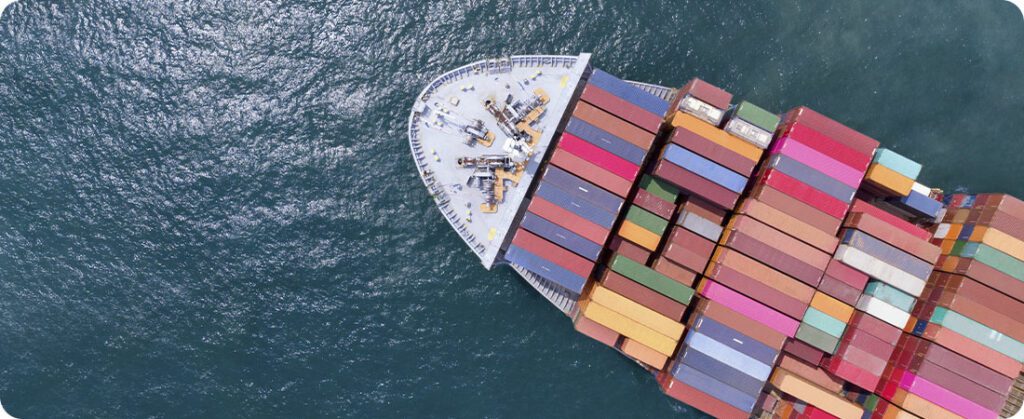
Embrapa was present at the 16th Meeting of the Intersessional Working Group on Reducing Greenhouse Gas (GHG) Emissions from Ships. The event took place at the headquarters of the International Maritime Organization (IMO), in London, between March 11th and 15th, 2024.
Renan Milagres Novaes, from Embrapa Meio Ambiente, represented Brazil at a Navy technical event. Presented a Brazilian proposal for biofuels in maritime transport, highlighting sustainability and management of land use change.
Novaes officially presented the Brazilian proposal in the IMO main auditorium, before an audience of representatives from different countries, business associations and non-governmental organizations. Furthermore, it helped define Brazil's stances on Life Cycle Assessment, land use and sustainability criteria.
The IMO, as a specialized body of the United Nations, has as one of its main objectives the prevention of pollution from international maritime transport. The decarbonization targets approved in 2023 by the IMO represent a significant step in this direction, requiring the collaboration and active involvement of experts to achieve the established objectives and ensure that the policies and guidelines adopted by the international community reflect best practices and advances in the field. sustainability and reduction of GHG emissions.
Embrapa at the forefront of decarbonization of international maritime transport
Embrapa's presence and contribution to this process are strategic, considering global efforts to reduce GHG emissions in international maritime transport. International shipping accounts for around 3% of the world's annual greenhouse gas emissions. Currently, fossil sources are the basis of 99% shipping, and we will need to reduce this heavily in the coming decades.
In this sense, IMO has set ambitious targets for the decarbonization of this sector by 2030, recognizing the fundamental role that Brazil can play as a major user and potential provider of decarbonization solutions, especially with regard to sustainable biofuels for transport. maritime commodities.
Despite representing an opportunity, the biofuels sector in Brazil must pay attention to the fact that the IMO has already defined ten sustainability criteria, for example, that emissions must be accounted for considering the complete life cycle of the fuels (Well-To -Wake) and that biomass can only come from areas deforested before 2008. Details discussed to apply measures, including ILUC, with contribution from the Embrapa analyst in discussions on indirect land use change.
As Novaes highlighted, the policy could have an important impact on Brazil, which is a large user of maritime transport for exporting commodities and which can provide alternative fuels to fossil fuels for ships. As he explained, commodities have low added value compared to other goods and, therefore, are more sensitive to the cost of international shipping. “On the other hand, Brazil has the potential to contribute to the decarbonization of maritime transport, for example, with the production of biofuels,” he highlights.
Source: datagro












